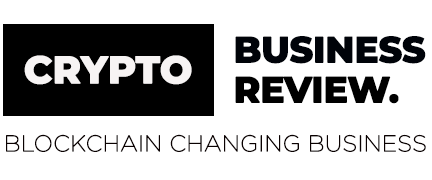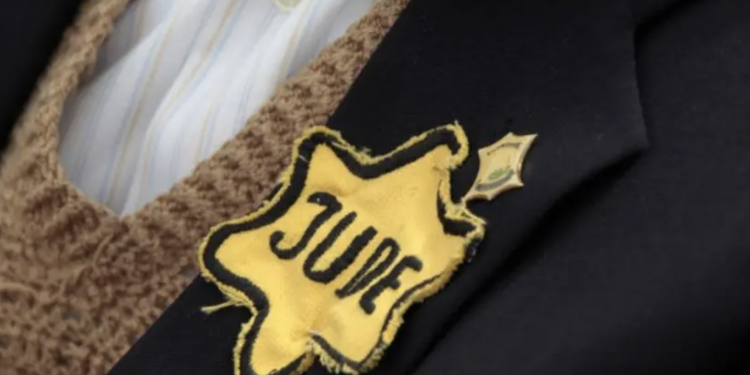*EIN Newswire. Written by Sarah Chemla
By using blockchain, Silicon Valley may have founded a solution for preserving Holocaust survivor testimonies in an era that is increasingly in need of them.
Jonathan Dotan, the Silicon Valley producer/writer and Stanford fellow leading Project Starling, found the solution: Using blockchain and distributed ledgers technology (DLT) to effectively store, distribute, and verify the testimonials through sophisticated automated tracking and tracing.
This will ensure better educational resources and act as a time proof stamped news portal, in a collaboration with leading blockchain companies Hedera Hashgraph and Filecoin, the USC Shoah Foundation founded by Steven Spielberg, and cryptographers from Stanford Engineering.
But what is blockchain and how does it work?
Put simply, blockchain is a technology that allows a piece of data to be sent digitally from individual to individual in a way that is secure, transparent, anonymous and without any intervention from a third-party or middleman.Blockchain networks are decentralized and are therefore not subject to any governmental or centralized authority. They are managed by a global network which has no borders or restrictions.
From the Holocaust to Anti-Rohingya mass violence, this technology will be used to for all genocide survivors’ testimonies, to preserve the truth of history in a time when the main source of information people have is social media.
Dotan insisted on the necessity to preserve survivor testimony. “Thanks to the willingness of some of the last survivors to share their stories, we’ve been given a valuable gift: a chance to bring the war into sharp focus again by viewing it through their lived experience,” he said.
“Historical memories of atrocities like genocide are important to preserve so we do not repeat those same mistakes.
“A nationwide survey conducted in 2020 in the United States revealed that more than 1 in 10 adults under 40 do not recall hearing the word “Holocaust” before. The survey of Holocaust knowledge among millennials and Generation Z showed that many respondents were unclear about the basic facts of the genocide and that nearly 20% of millennials and Generation Z in New York believe Jews caused the Holocaust.






